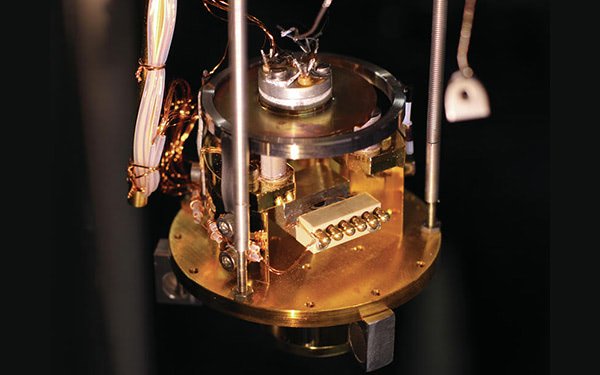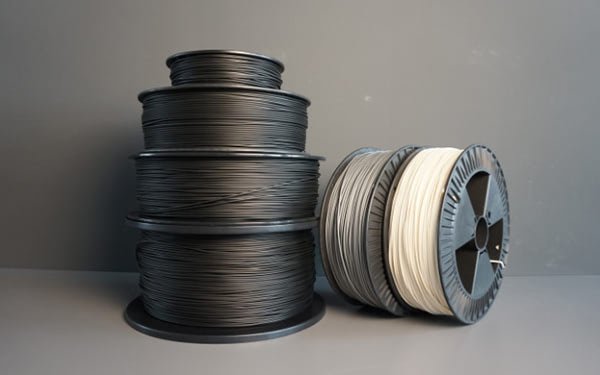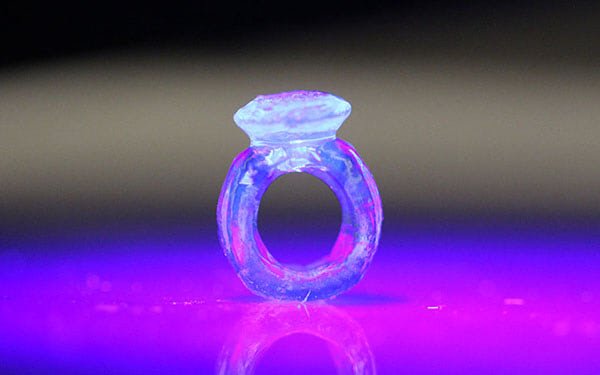Singaporean Company Gets Certified for Aviation Printing
![]()
Singapore-based Additive Flight Solutions Pte. Ltd. has received AS9100D certification, which will enable the company to provide parts to the aerospace industry.
AS9100D is an aerospace quality management system akin to ISO 9001 (it actually contains ISO 9001, and a whole lot more), and having this certification is a requirement for doing business in the world of aerospace.
It shows that the company in question follows standards for quality control, assurance and QM in general, as well as other requirements such as risk management, configuration control and documentation control. The aerospace industry is very big on knowing exactly what part has been where along its manufacturing journey, and having this certification shows potential clients that the company is compliant.
Additive Flight Solutions themselves have a good pedigree, being a joint venture between the SIA Engineering Company (a subsidiary of Singapore Airlines) and Stratasys, who have been in the country for quite a long time.
So, what exactly is Additive Flight Solutions hoping to print for aviation?
The company website states that the aim is to replace traditionally metal parts with lightweight plastic parts. These weight reductions will occur in the main cabin, and will likely look to replace various cabin fittings, non-critical ductwork, seat-mechanism components and things of that nature. That’s certainly what has been going on with the Airbus A350, which these days is flying with over 1000 3d printed plastic parts of similar intent and purpose.
Naturally Stratasys are quite good at this type of thing, and the Additive Flight Solutions website reveals that they are using ULTEM 9085, ULTEM 1010, and ABS-M30, all of which will likely be printed on the Fortus series printers (good for larger batches).
You may wonder, how much money can be saved by changing a few fittings inside of the cabin? Is it really worth it to form a company to do that? It sure is. Every gram on an aircraft that is not used, is dead weight, and severely hits an operator’s pocket. It’s not going to hurt your average bush pilot with his little Cessna, but when you have an entire fleet, it adds up.
So yes there is absolutely value in starting such a company. Given how the industry has been hit in 2020, it seems like a good time to move things forward, and this certification will certainly help in that regard.
Original Source: https://3dprinting.com/aerospace/singaporean-company-gets-certified-for-aviation-printing/


